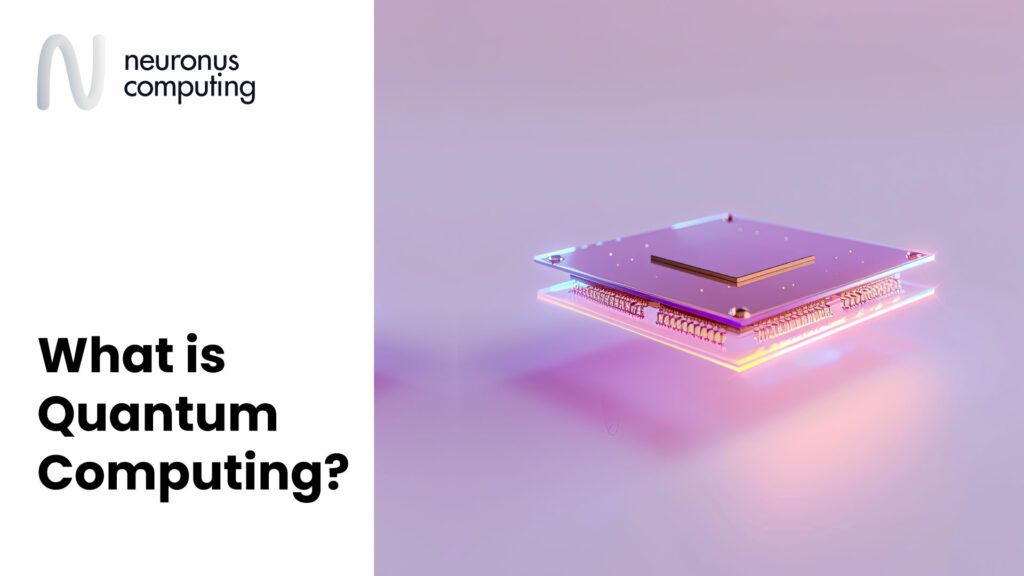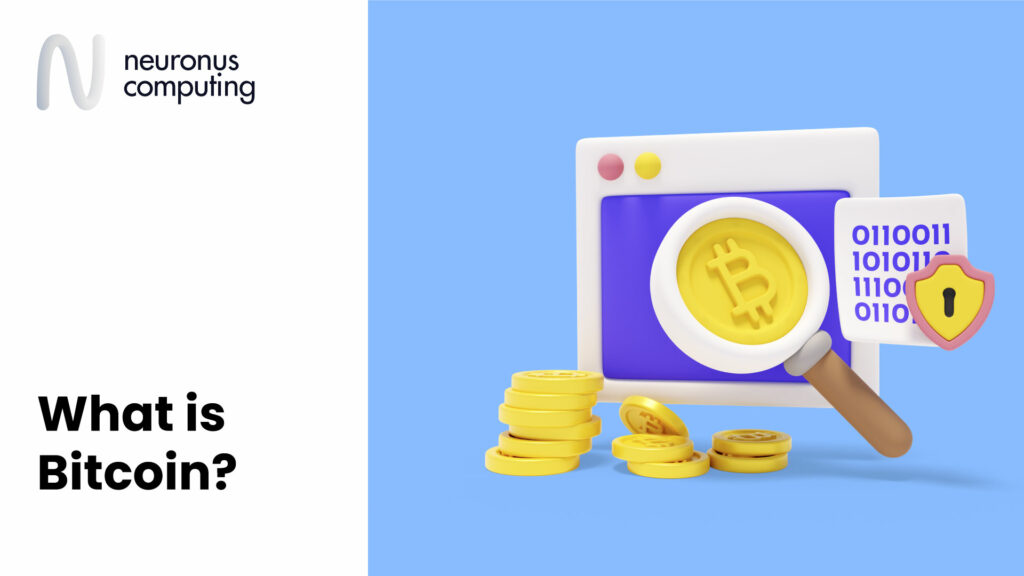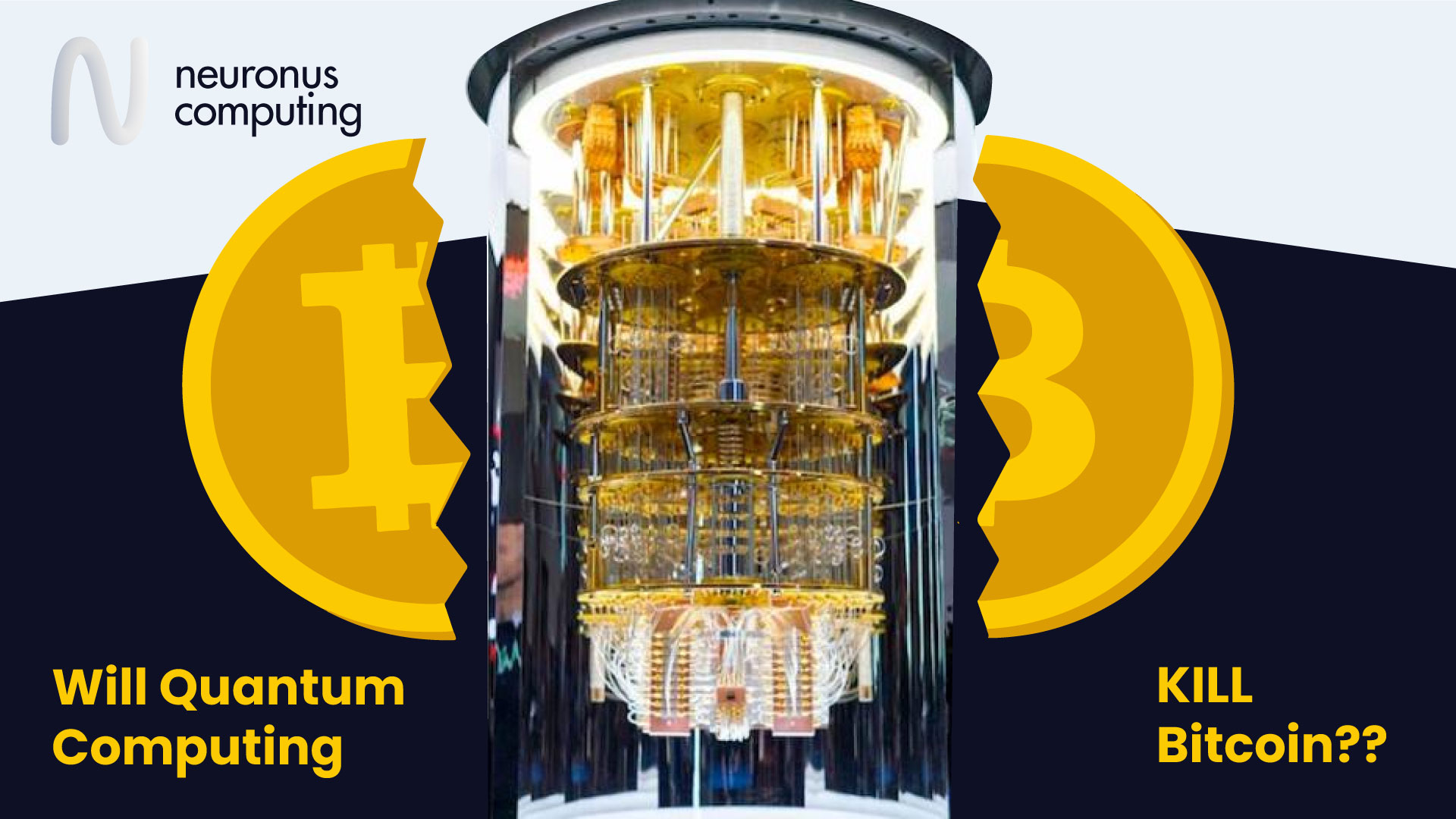Will Quantum Computing KILL Bitcoin?
Technology is evolving at a great pace, with each one having immense potential. Two of these technologies, Bitcoin and quantum computing, have raised the bar for competition in the field of IT. Bitcoin has been on the market for over a decade and its decentralized model has given a tough time to traditional setups. Now, quantum computing is emerging as the latest technology that is said to replace traditional computing systems. This has led experts and tech-savvy alike to wonder whether quantum computing will kill Bitcoin. A comparative analysis will reveal that this is too soon a prediction and that much work is yet to be done.
Below is a brief introduction to Bitcoin and quantum computing and a discussion on whether Bitcoin can be replaced by the latter:

What is Quantum Computing?
Quantum computing is introduced as a new technology that will employ the principles of quantum mechanics to perform complex calculations. It will be a step ahead of classical computers that measure data in bits and can’t process multiple complex queries. Whereas quantum computing uses qubits as its smallest unit and processes information using superposition principles. This type of data calculation will analyze data on a molecular level in different states, which can revolutionize the technological world.

What is Bitcoin?
Bitcoin is a digital currency introduced in 2009 that operates on a decentralized ledger. Without the presence of a central authority, bitcoin offers more independence and ownership to its users. It is powered by blockchain technology, which ensures transparency and security in addition to providing smooth financial transactions. Furthermore, it employs cryptographic algorithms to make sure that the transactions take place securely and are recorded in the public distributed ledger.
Quantum computing Vs Bitcoin
Both quantum computing and Bitcoin offer great potential and subsequent services for their users. They have individual features that make them unique and effective in performing their functions.Quantum computing is more intricate in its framework as it is based on the principles of quantum mechanics. It can transform the traditional method of calculating data, revolutionizing not only science but other industries as well. It can be applied in many fields and can open new avenues for research. However, much of these expectations are theoretical for the time being, as scientists and IT experts are still exploring their practical side. Whereas Bitcoin is a digital currency that works through peer-to-peer networking and decentralized transaction models. It has provided a new scope of digital transactions infused with other technologies like cryptography. Many big corporations have transitioned to Bitcoin to run their businesses on a safer and more secure model. But still, Bitcoin has not taken over the traditional setup completely. There are several reservations regarding its operational mode and most people still lack digital literacy.
The Reality Check
It is great to witness technological development where experts are continuously bringing innovations. This leads to debates and discussions between industry experts to analyze the feasibility and implementation of new technology. The current debate is between two leading technologies, Bitcoin and quantum computing, as the bastions of the IT revolution. There is excitement but side by side, there is a concern for the deployment of new technology in place of the traditional ones, i.e. Bitcoin.
A Comparative Analysis
It is important to analyze the pros and cons of these technologies and decide whether quantum computing will kill Bitcoin. By making a comparison between the two, it is unlikely that it will happen in the near future.
There are several reasons by which it can be concluded that quantum computing can’t kill Bitcoin anytime soon. Following are some of the points that need due consideration:
- Algorithms Algorithms are at the center of operational systems for both Bitcoin and quantum computing. Bitcoin works on RSA and ECC and is headed by Shor’s algorithm in quantum computing. This can jeopardize the entire basis of Bitcoin but a defense strategy can counter the challenge of quantum algorithms.
- Proactive strategy Proactive strategy is the key to combat the threat of quantum computing. It is to be kept in mind that quantum computing is still in its infancy and experts have only theoretical knowledge about its practical implementation. But, there is also a side-by-side discussion on quantum-resistant algorithms that can shield against quantum computers.
- Upgradation Upgradation of technology not only innovates the framework but also provides strength to the system. Bitcoin can also resort to upgrading its systems and introducing quantum-resistant updates will save it from new threats. This strategy is the only way to fend for the survival of Bitcoin and a synergy with emerging technologies can also sustain its functional value.
Conclusion
Quantum computing is not an immediate concern for Bitcoin or any other technology for the time being. There is more noise and less practical reality to the idea of quantum computing completely revamping the old systems. Recent technologies are clear evidence of the fact that those technologies survived that constantly updated their work models. The same is the case with Bitcoin and it can prove to be a tough competitor for quantum computing. In addition, quantum computing will not be the end, as experts are equally working on a defence strategy against it, namely, quantum-resistant algorithms. Hence, constant upgradation and adoption of new tech features can save Bitcoin from getting killed by quantum technology.







